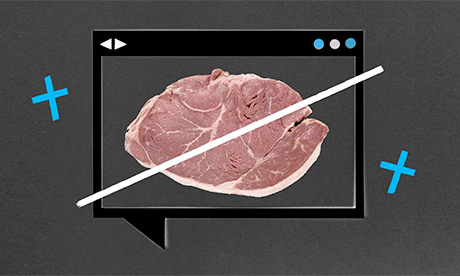Lent: No booze. No meat. No french fries.
For millions of Christians around the world, 40 days of “fasting” kicked off on Ash Wednesday, marking the beginning of Lent.
In the United States, even as younger Americans drift further away from organized religion, the practice of Lent persists.
The Lenten season culminates on Holy Thursday, which falls during the week before Easter Sunday. (This year, Lent runs Feb. 26 to April 9.)
Those observing — including Catholics and many Christians in liturgical traditions — historically fasted or refrained from eating meat, especially on Fridays, or gave up other luxury items, such as sweets or fatty foods.
Resisting temptation was meant to be a time of reflection, an opportunity to grow closer to God.
In 2015, 47 per cent of U.S. Catholics said they gave up something or did something extra for Lent, according to the Pew Research Center. One-third of cultural Catholics said they would observe Lent, as did 12 per cent of former Catholics.
Millennials are leaving religion in greater numbers than ever before, but they are more likely to observe Lent than baby boomers, according to 2014 research from Barna Group, an evangelical Christian polling group.
Twenty per cent of millennials (those born between 1981 and 1996) responded that they were planning to fast, compared with 10 per cent of boomers (those born between 1957 and 1964).
And increasingly, “fasting” is being adapted for modern times.
What millennials choose to give up aligns with other current movements — environmentalism (going vegan, for example), an awareness of the pitfalls of technology (forgoing social media) and a commitment to social justice causes (volunteering).
For those who did observe Lent, according to the 2014 Barna Group research, giving up social media, phones and video games was especially gaining in popularity For Elizabeth Harper, who is in her 30s and identifies as Catholic, Lent is an opportunity to reflect on “some of the ways I’ve legitimately sucked as a person and ways I can make the world just a tiny bit better by going through a small, uncomfortable confrontation and correction,” she wrote in an email. Continue reading
Additional readingNews category: Analysis and Comment.




